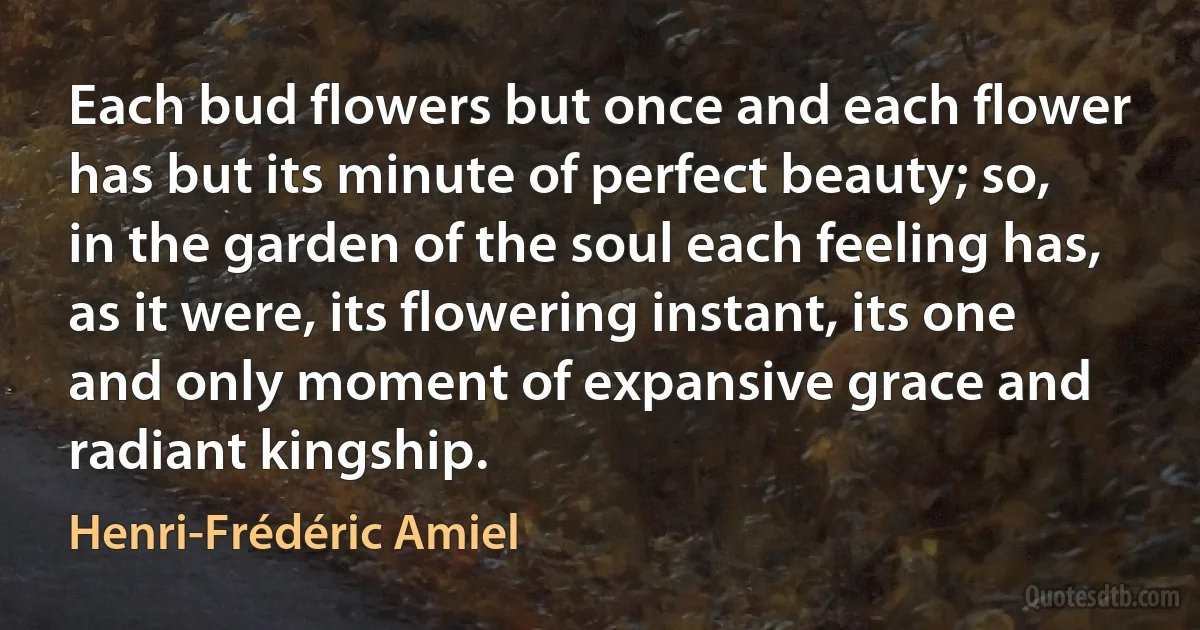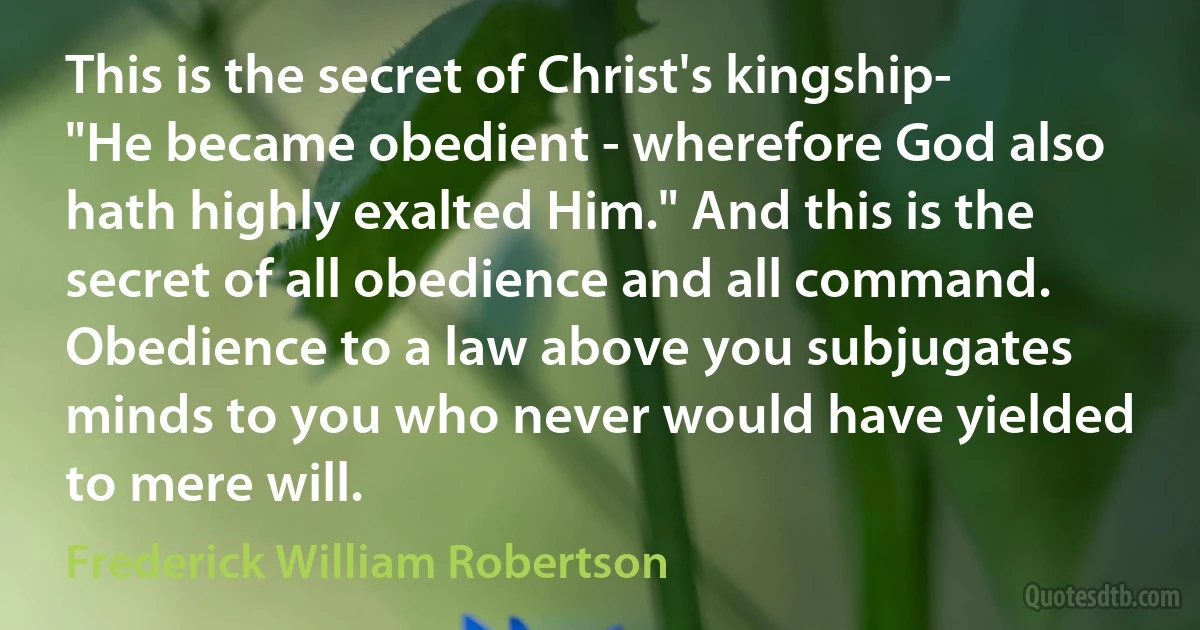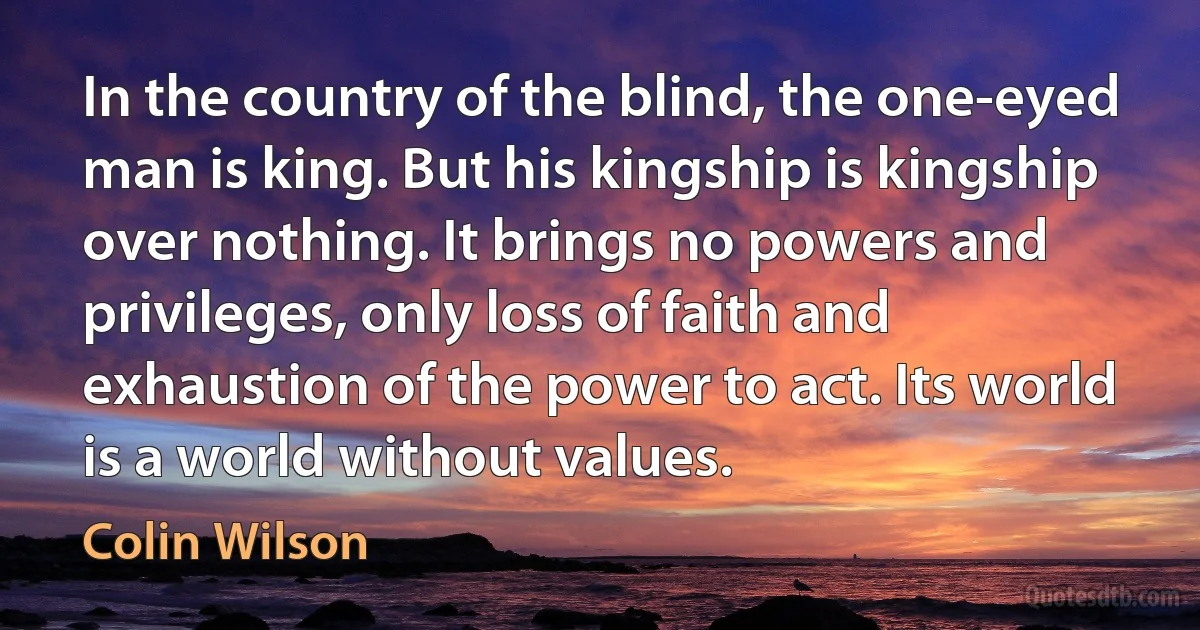Kingship Quotes
Kerchak was dead.
Withdrawing the knife that had so often rendered him master of far mightier muscles than his own, Tarzan of the Apes placed his foot upon the neck of his vanquished enemy, and once again, loud through the forest rang the fierce, wild cry of the conqueror.
And thus came the young Lord Greystoke into the kingship of the Apes.

Edgar Rice Burroughs
There is no doubt that this kingdom is one that the children of God's direct lineage can reign over by upholding the heavenly decree. In other words, it is a nation in which they rule on behalf of God's commands and kingship. Democracy and communism cannot exist in such a kingdom. Once established, it will remain as an eternal state system. Considering these things, isn't it mortifying that you have not yet become the citizens of that kingdom?

Sun Myung Moon
What honey? What is that? It's a sign, I can't see it, wait a minute. Oh, thank you darlin', thank you very much. Oh, thank you. The thought is beautiful dear, and I love you for it, but I, I haven't been caught up in this thing and I can't accept this kingship thing because to me there's only one, which is Christ.

Elvis Presley
It is a strong argument for democracy that governments regulated by principles of accountability, respect for public opinion and the supremacy of just laws are more likely than an all-powerful ruler or ruling class, uninhibited by the need to honour the will of the people, to observe the traditional duties of Buddhist kingship. Traditional values serve both to justify and to decipher popular expectations of democratic government.

Aung San Suu Kyi
Truly, though kingship be not a title but a name of office that runs through the law, yet it is not so ratione nominis, but from what is signified. It is a name of office, plainly implying a Supreme Authority. Is it more, or can it be stretched to more? I say, it is a name of office, plainly implying the Supreme Authority, and if it be so, why then I would suppose, (I am not peremptory in any thing that is matter of deduction or inference of my own,) why then I should suppose that whatsoever name hath been or shall be the name, in which the Supreme Authority shall act; why, (I say) if it had been those four or five letters, or whatsoever else it had been, that signification goes to the thing. Certainly it does, and not to the name. Why then, there can be no more said, but this, why this hath been fixt, so it may have been unfixt.

Oliver Cromwell
Sovereignty and kingship are never decided by academic debate. They are seized by force. The Ottoman dynasty appropriated by force the government of the Turks, and reigned over them for six centuries. Now the Turkish nation has effectively gained possession of its sovereignty... This is an accomplished fact... If those assembled here ... see the matter in its natural light, we shall all agree. Otherwise, facts will still prevail, but some heads may roll.

Mustafa Kemal Atatürk
Nothing. She is innocent and blameless. She has lived as Rama's queen ten thousand years; before that Rama saved her from great danger by wondrous and incredible deeds. And now behold one of the terrors of kingship, that Rama let her go because his people talk against her. Get up, save her life with you and your companions; and make in measured words the song of Rama, and teach it to Rama's two sons.

Valmiki
But true kingship, which pertains to the divine essence, is still and always shall be in its own station. On the outward plane, the prophets are constant in their sovereignty. They continue until such time as God changes his sacred law. At that time, their dispensations are dissipated. Nevertheless, the sovereignty of the prophets and their religions is everlastingly present in every religion, indeed, in every person who claims to follow those prophets. In sum, such a one has attained leadership, and passes a few days of his life, according to his belief, being a sovereign, until such time as God raises him up to him.

Subh-i-Azal
Thus, it is established that Adam is the human race, by whatever names he was called. Since it is clear that he became manifest in the form of a man, naturally on every plane he is fallible. But God is not his partner in any errors. For, he taught him beauty and ugliness and truth and falsehood, and he learned good and evil. But his kingship is a result of the divine decree. And if he remains continually in his position or steps down, or is deposed from it, in each case it is the result of the divine decree. His cause is exalted with God. Whenever he is a temporal ruler, his leadership is like that of any other. If he is among the prophets, his commands and prohibitions are from God, and his kingship is by God's command, and he is the leader of the people as long as he lives. After their deaths, some hold that they must continue to be obeyed, and others mention them with their lips, and love for them is continual.

Subh-i-Azal
If a soul is born with divine intelligence, and has its lips touched with hallowed fire, in consecration for high enterprises under the sun, this young soul will find the question asked of him by England every hour and moment: "Canst thou turn thy human intelligence into the beaver sort, and make honest contrivance, and accumulation of capital by it? If so, do it; and avoid the vulpine kind, which I don't recommend. Honest triumphs in engineering and machinery await thee; scrip awaits thee, commercial successes, kingship in the counting-room, on the stock-exchange;-thou shalt be the envy of surrounding flunkies, and collect into a heap more gold than a dray-horse can draw. "-"Gold, so much gold?"

Thomas Carlyle
Whether the associations of the Imperial name are bad, as Mr. Gladstone thinks, I will not discuss. Splendid and imposing they certainly were, not only in the age of the Antonines, but in the best days of the mediaeval Empire, from Otto the Great to Frederick II. But that splendour they have lost. ... In fact, the title of King is now the less common of the two, and, with such associations as our kingship has, it is far more dignified. There has been a King of the English ever since the ninth or tenth century; no other Monarchy in Europe (except the lands of our Scandinavian kingsfolk and except the Crown of St. Stephen) can boast of anything like an equal antiquity. ... Why endanger the pre-eminence of style of the only European Crown which combines the glories of ancient legitimacy with those of equally ancient constitutional freedom?

James Bryce, 1st Viscount Bryce



